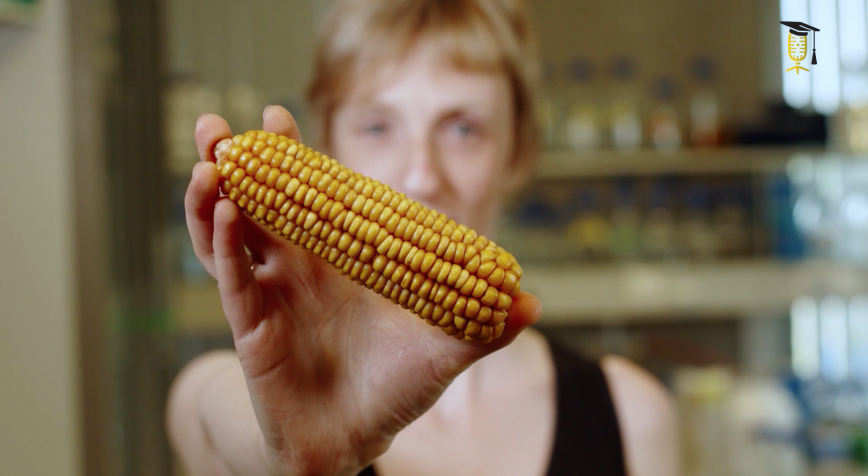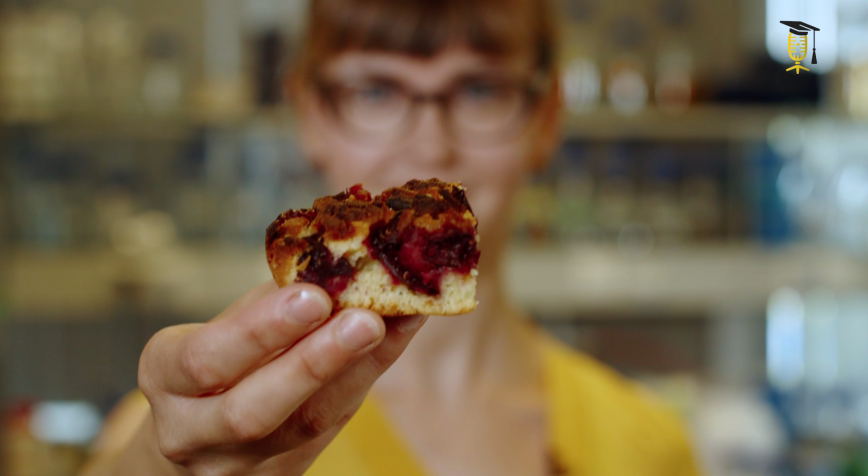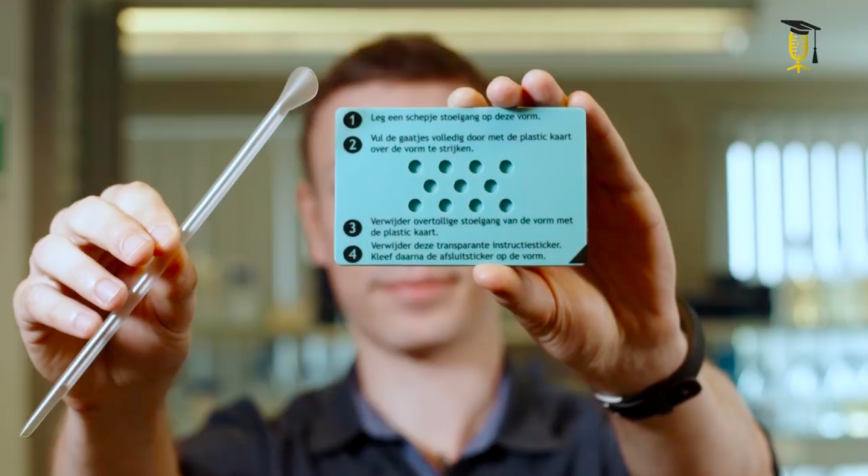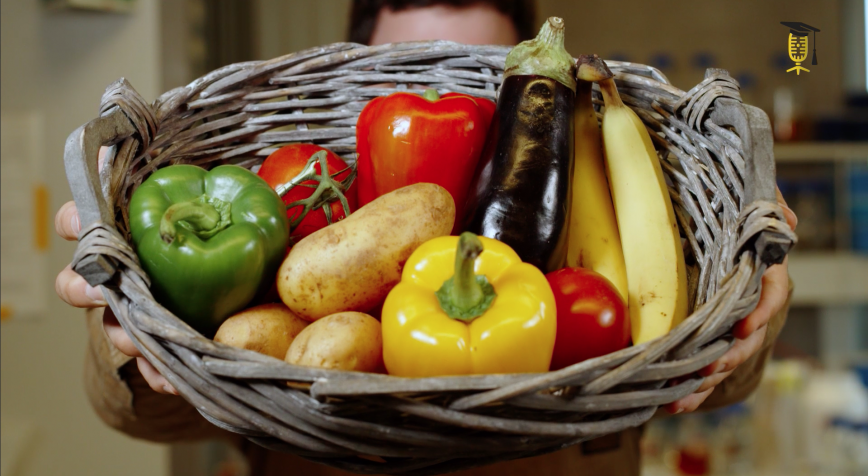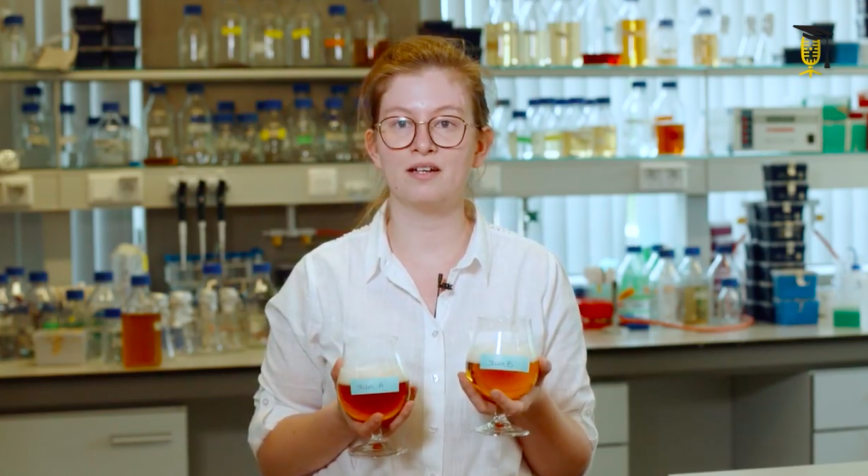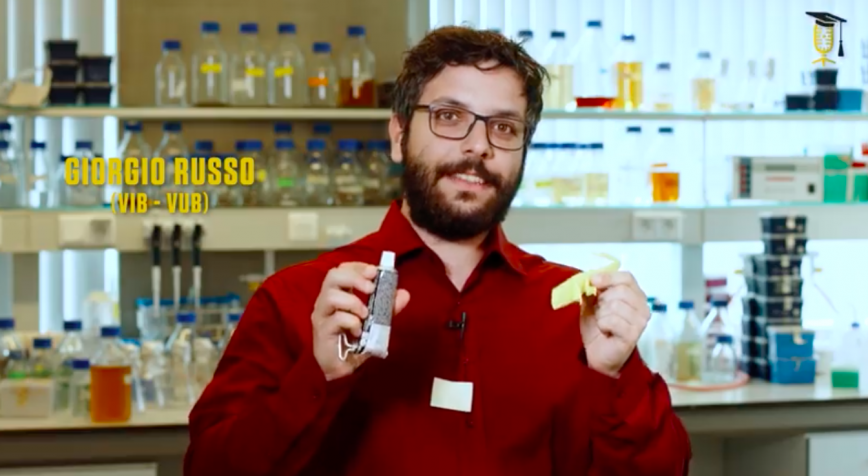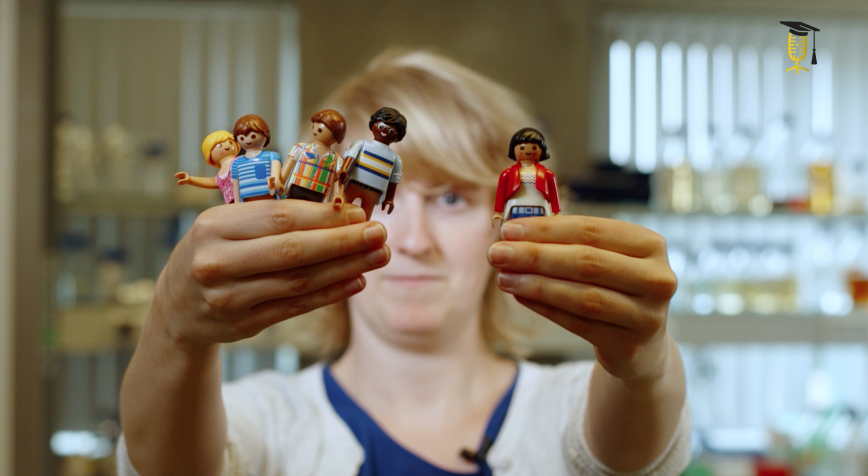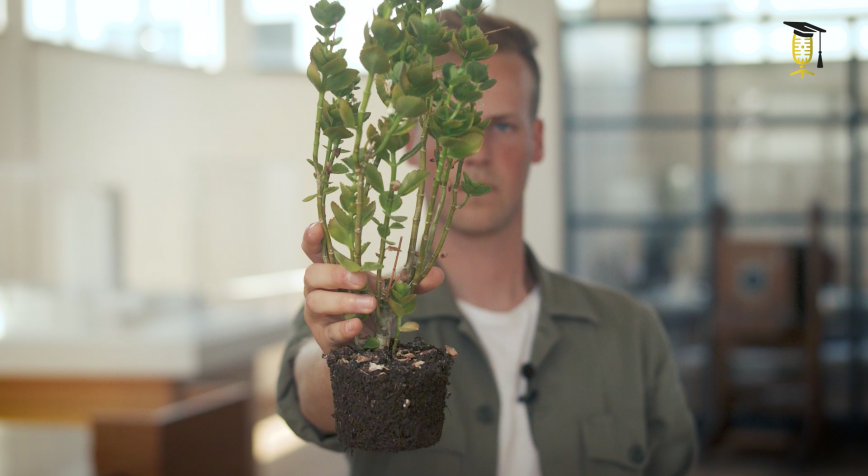
FWO
KU Leuven
VIB
Understanding the self-cannibalism instincts of melanoma
Melanoma is a very common and lethal type of skin cancer. Melanoma cells have a strange, yet effective defence mechanism called autophagy: they can manage to survive by eating parts of themselves. Monica Vara Perez tries to figure out this self-cannibalism mechanism in order to help defeat melanoma.

